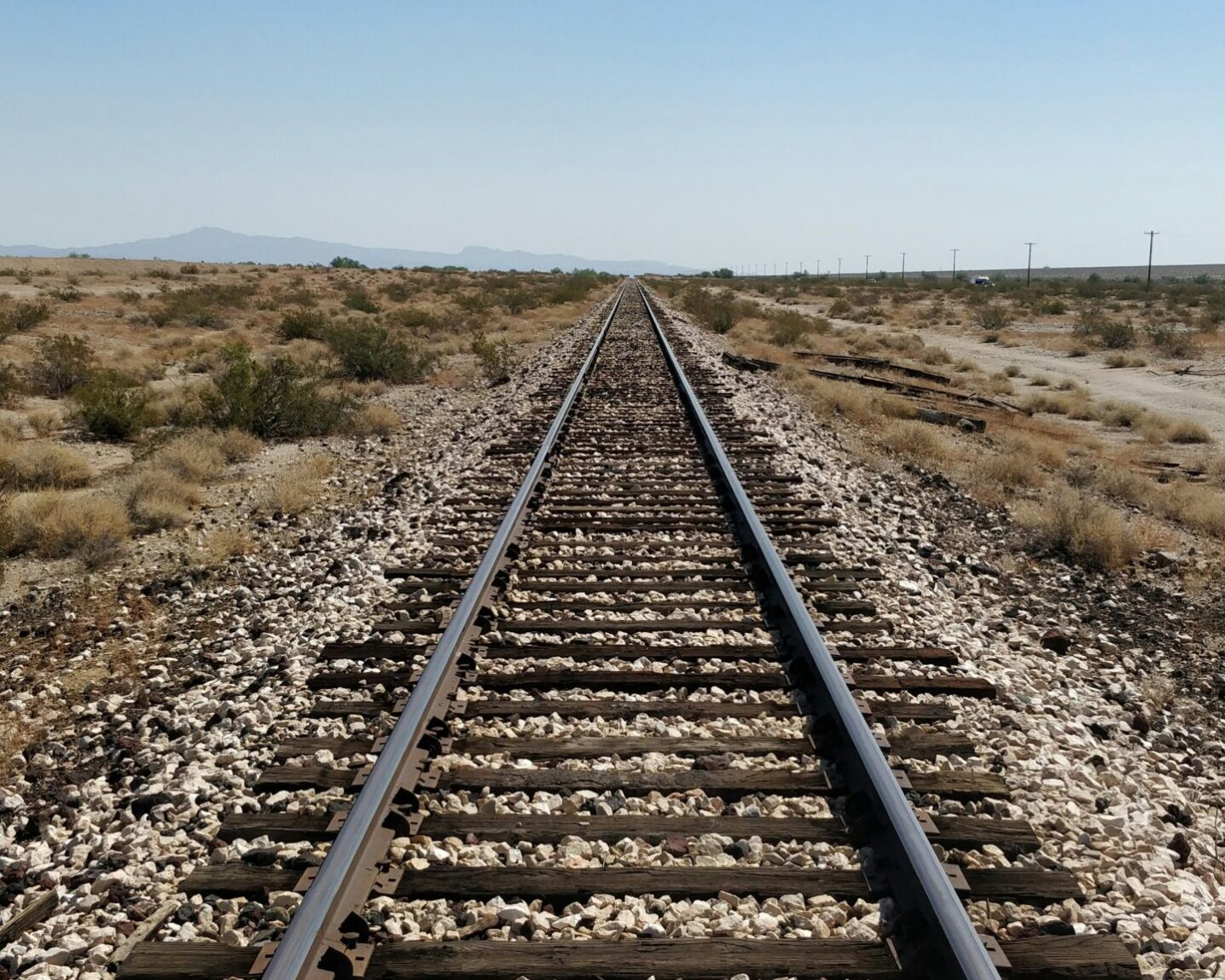Flood risk assessment and developing management plan recommendations for the Nairobi Commuter Rail
Kenya’s urban transport infrastructure, particularly the Nairobi Commuter Rail (NCR), faces increasing risks from recurrent flooding. This project will provide a pre-feasibility study to address the urgent need to integrate flood risk management into the NCR system, ensuring climate resilience, operational continuity, and safety for both commuters and infrastructure assets.

The challenge
The Nairobi Commuter Rail system traverses flood-prone areas that frequently experience service disruptions and infrastructure damage due to inadequate stormwater drainage and extreme weather events. These flood risks are expected to intensify as a result of climate change and urban sprawl. Existing drainage systems are either under-designed or deteriorated, leading to frequent track flooding, unsafe operating conditions, and income losses for Kenya Railways. A lack of coordinated data, technical standards, and predictive tools hampers effective planning. The challenge is to assess vulnerabilities, prioritize interventions, and develop a flood risk management framework that is technically sound, context-specific, and scalable.
The approach
The proposed approach integrates technical analysis, stakeholder engagement, and institutional strengthening to develop a comprehensive flood risk management plan for the Nairobi Commuter Rail (NCR) system. It begins with a diagnostic phase that uses geospatial and hydrological data to identify flood-prone hotspots along the rail corridor. Advanced hydrodynamic modeling simulates various rainfall scenarios (e.g., RP2, RP10, RP100) to assess infrastructure vulnerabilities and evaluate proposed drainage and resilience interventions.
A cost-benefit analysis (CBA) will be used to prioritize investments based on economic and operational returns, while also considering future climate risks and ridership growth. The plan includes institutional capacity building for Kenya Railways and partner agencies, with a focus on flood preparedness, infrastructure maintenance, and data management. Continuous stakeholder engagement will ensure co-creation, knowledge transfer, and the alignment of solutions with local needs and development goals.

